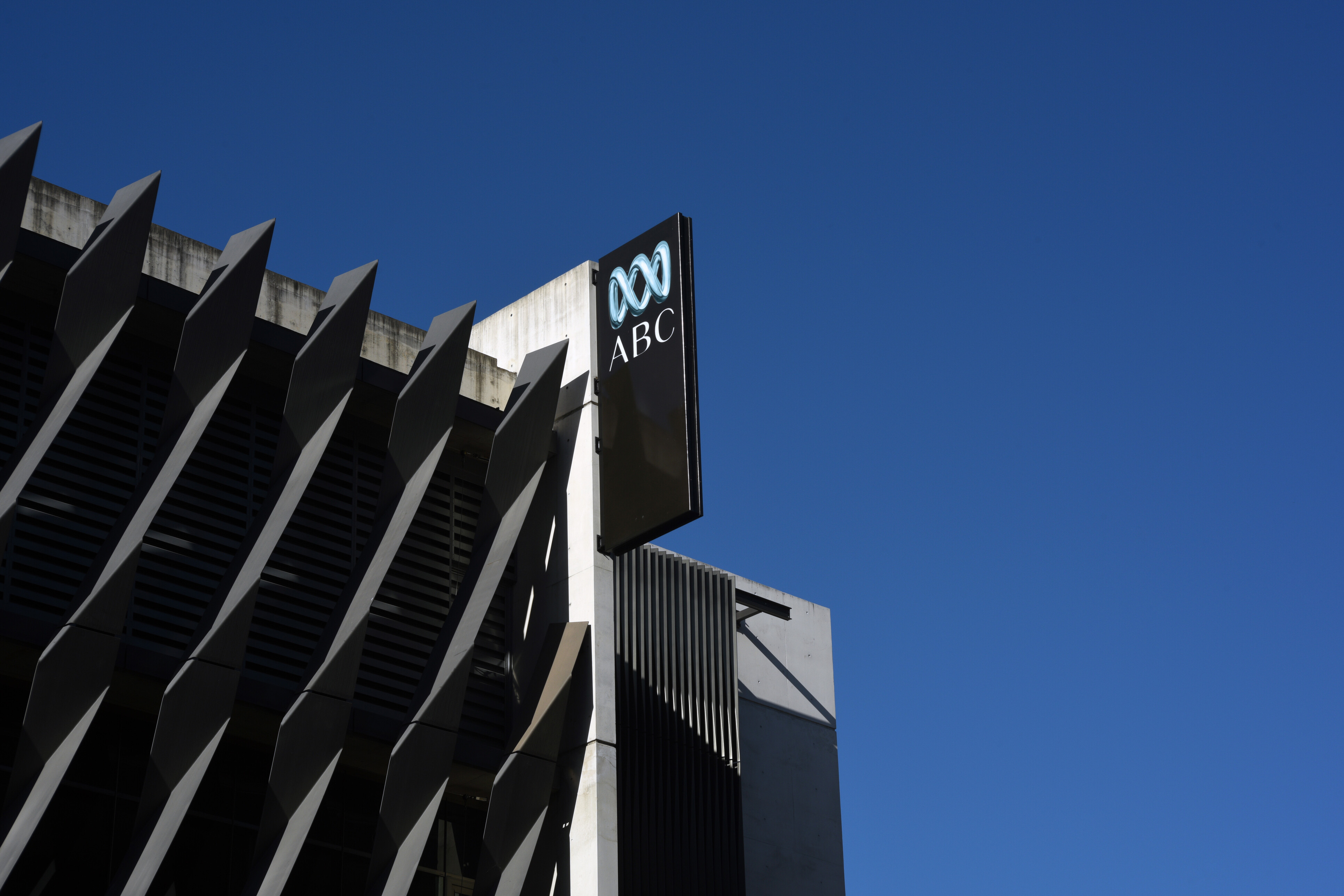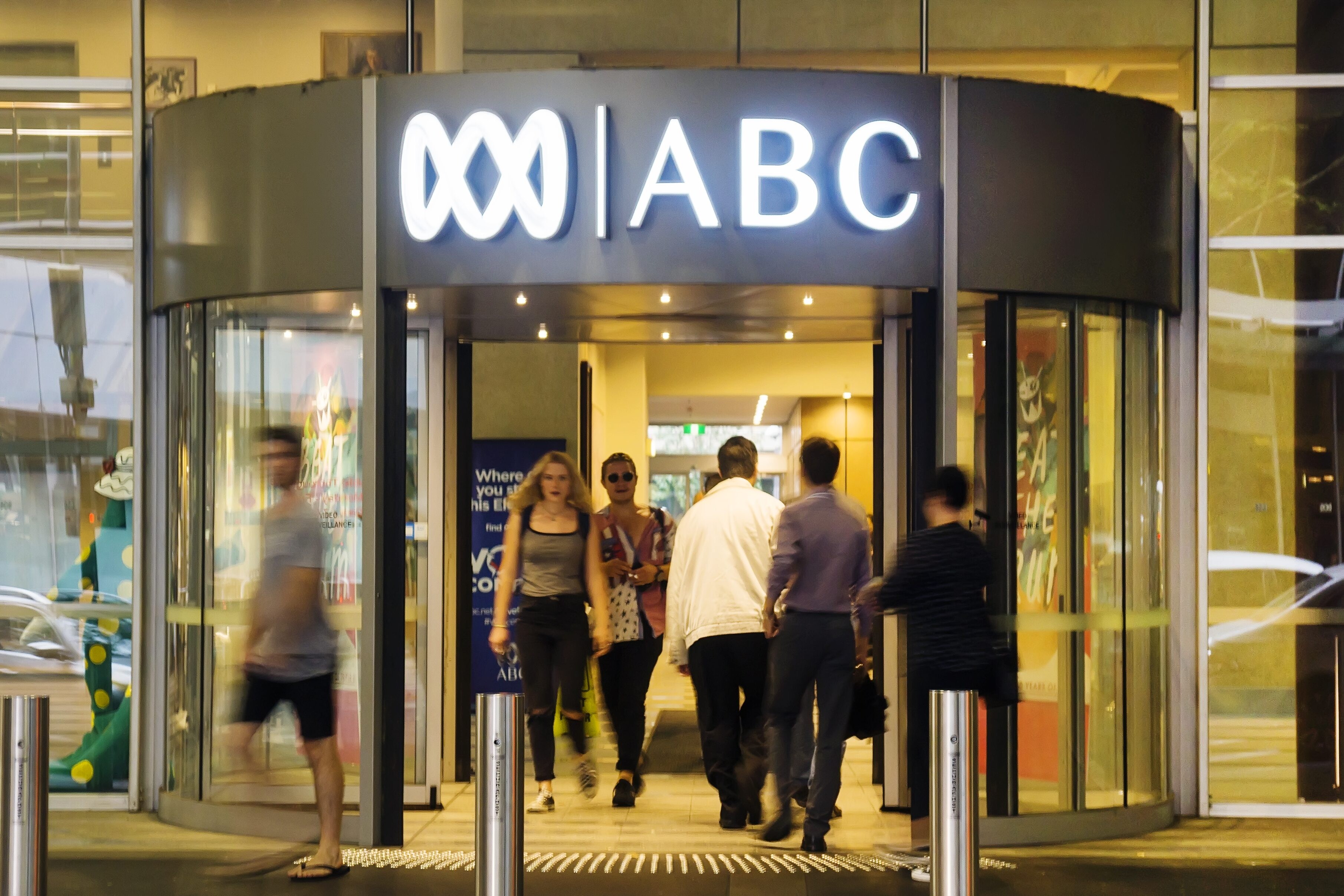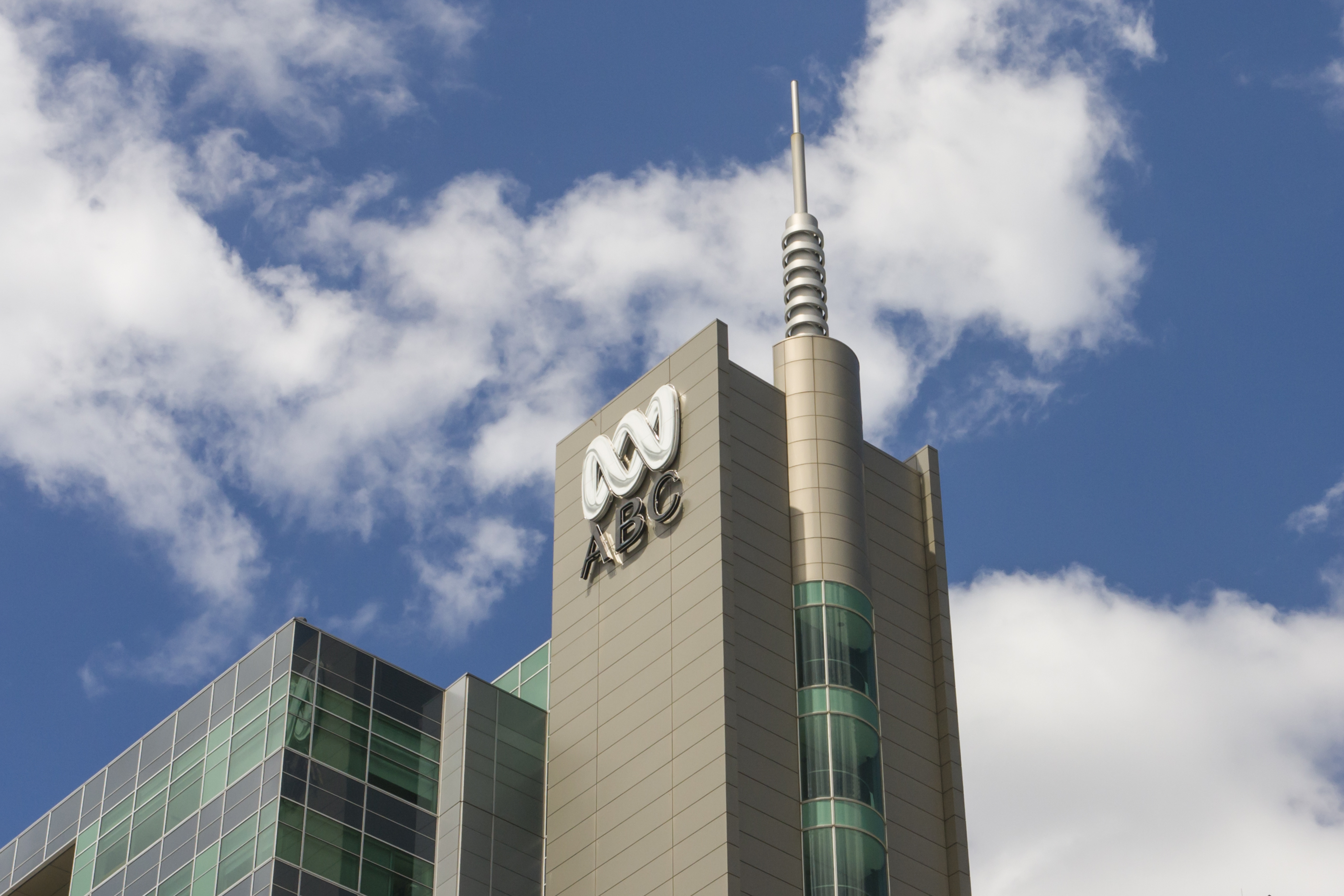By Kristian Porter
As the parliamentary inquiry into the unprecedented raid on ABC continues, new documents reveal that another government agency was involved.
On 4 June 2019, the Australian Broadcasting Corporation’s (ABC) Ultimo headquarters were raided by the Australian Federal Police (AFP) in relation to the Afghan Files, a series of investigative reports from 2017 based on leaked documents detailing incidents where Australian soldiers in Afghanistan killed unarmed men and children.
The search came less than a day after a raid on the home of News Corp political editor, Annika Smethurst, relating to a 2018 expose about attempts to expand Australia’s domestic surveillance capabilities. The laws, introduced last year – including enhanced data surveillance powers and expanded secrecy and espionage offences – could have a substantial impact on investigative journalists, the confidentiality of their sources and public interest journalism in general.
The raids were condemned by the Public Media Alliance, other advocacy groups and media organisations worldwide as a direct attack on press freedom.
Since then, the ABC has sought to overturn the warrant used in the raid, partly due to its terms being “excessively vague” and going “well beyond its purpose”.
During the first hearing last week, barrister Dr Matthew Collins, QC, emphasised the sheer breadth of the warrant, informing the Federal Court of Australia in Sydney that searchable terms included “the ABC” and “Afghanistan”. The search lasted nine hours, after which the AFP left with over 9,000 files.
FOI request
Now, new documents released under a Freedom of Information (FOI) request reveal that the AFP refused to release some documents related to the raid because of their link to a government agency that is exempt from the FOI Act. This made it clear that the AFP were not acting alone.
“It looks like a spy agency was involved… If one was involved, it takes it to a whole new level… It’s important that the PM clarifies which agency was also involved in the AFP raids… [The documents] make clear journalists were the targets”, @TheLyonsDen tells @PatsKarvelas pic.twitter.com/c0B4ZvGw1Z
— ABC News (@abcnews) August 6, 2019
Australian agencies exempt from FOI requests include the Australian Secret Intelligence Service (ASIS), the Australian Security Intelligence Organisation (ASIO) and the Australian Signals Directorate (ASD), whose role includes “eavesdrop[ing] on conversations and monitor[ing] the communications of people of interest outside Australia”.
Writing for the ABC, executive editor of ABC News, John Lyons, said that if the ASD were indeed involved, it would severely escalate the significance of the raid. It would also further heighten fears regarding the privacy of Australian citizens and that journalists could be charged for publishing protected information.
When asked about the claims by the ABC, an AFP spokeswoman said: “We don’t have any comment while this investigation remains active and ongoing”.
Read more: Why the raids on Australian media present a clear threat to democracy
The FOI application was submitted by South Australian senator Rex Patrick, who emphasised that the released documents “show that the AFP raids were targeting journalists as much as the sources of alleged leaks” and that “there can be no doubt that [the AFP] intended to send a message to the press.”
Speaking to ABC, Patrick also explained how the AFP chose not to obtain the warrants needed to search journalists’ metadata, instead using warrants from court authorities that were easier to obtain. In doing so, Patrick continued, “the AFP deliberately avoided having to pay a highly qualified Public Interest Advocate to examine the merits or otherwise of their investigation and argue against the grant of a warrant.”
Parliamentary inquiry
The inquiry was referred on 4 July to explore the impact of law enforcement and intelligence powers on the freedom of the press.
The ABC, News Corp and other media companies used their submissions to urge the government to de-criminalise journalism. With no cohesive laws to protect journalists and whistle blowers, the ABC called upon the government to commit to extensive reform of legislation by: de-criminalising public interest whistle blowers; raising the bar for search warrants and compulsory production powers while protecting confidential sources; and breaking the culture of secrecy by ensuring greater transparency and improving FOI procedures.
“the limited protections foster a culture in which a journalists’ decision-making is guided not only by their mission to inform but also by the level of risk journalists and whistle blowers take if a story is published”
Without these changes, the submission read, “the limited protections foster a culture in which a journalists’ decision-making is guided not only by their mission to inform but also by the level of risk journalists and whistle blowers take if a story is published. And that risk is serious– it is the risk of being imprisoned.”
The spy agency ASIO also made a submission although this was not made public, while the AFP pushed back on calls for greater safeguards against warrants as they could undermine its investigations. Leaks, it told the committee, “can have adverse, even catastrophic, consequences”.
The National Intelligence agency used its submission to emphasise the damage the publication of foreign partner information could have on Australia’s relationships abroad.
The inquiry has now closed for submissions, with its outcomes likely to be heard in October.
Independent public service media organisations play a critical role in informing democracy, especially when they are free to effectively scrutinise and hold power to account on behalf of the public. The scope of the July raids and warrant brought to light the extent of Australia’s national security laws and the impact they have on media freedom, free speech and privacy.
Public interest journalism fails when journalists cannot protect their sources and ensure confidentiality. In such cases, sources are less likely to come forward where there is a higher risk of identification and journalists are more likely to self-censor or not run stories at all where there is risk to themselves or their sources.
The Public Media Alliance will continue to monitor the situation in Australia and work to support our members the Australian Broadcasting Corporation and Special Broadcasting Service.
Header Image:People entering and leaving the Australian Broadcasting Corporation (ABC) Centre in Ultimo. Credit: kokkai/iStock
Related Posts
24th June 2019
Update | ABC lodge application to set aside warrant
The ABC lodged a court application to…


